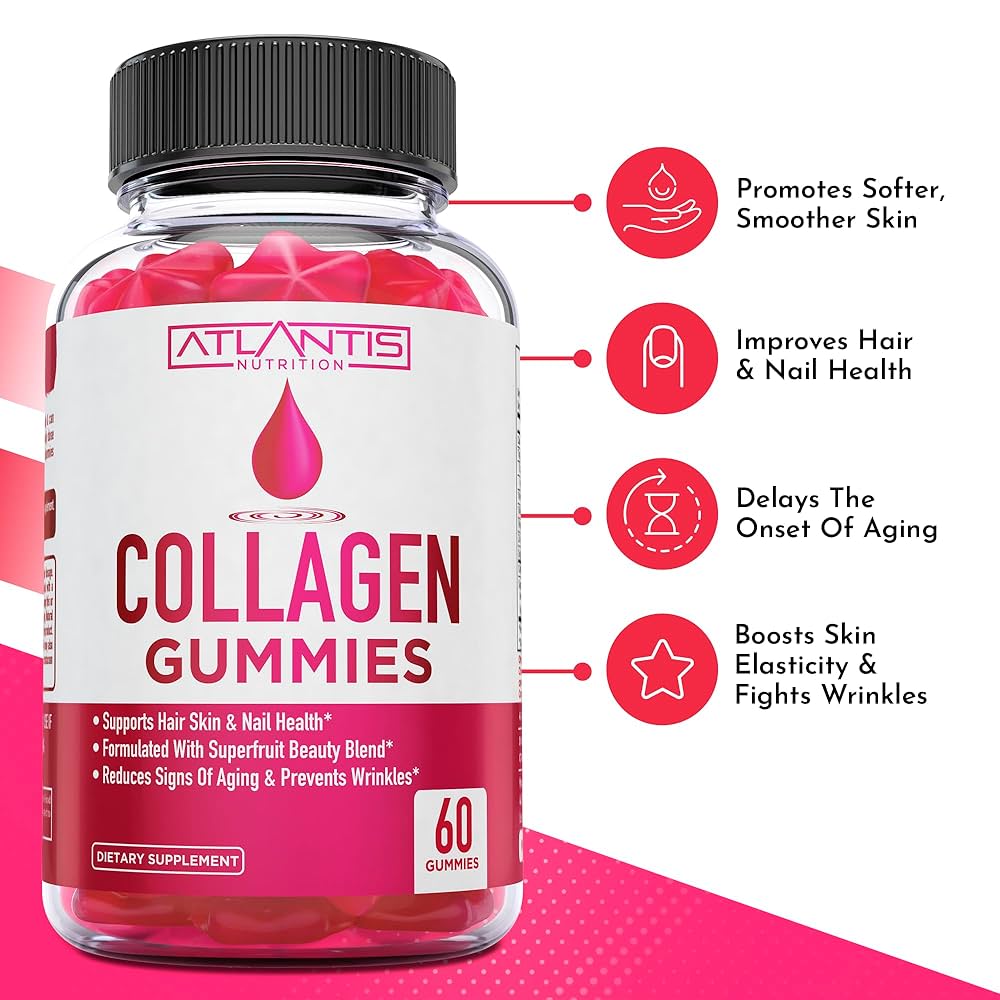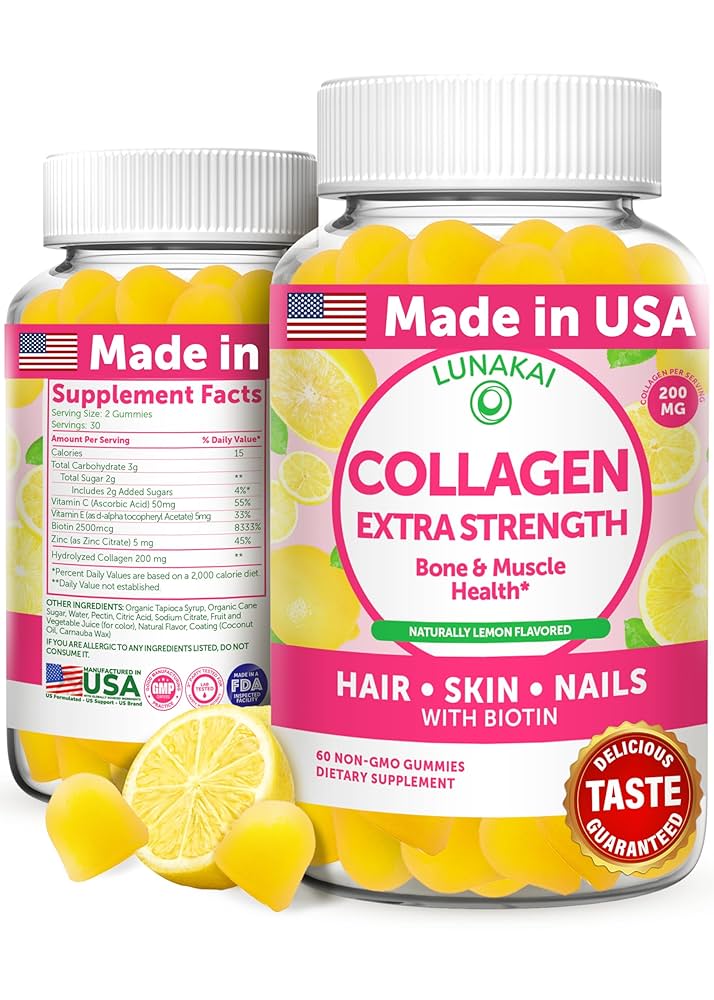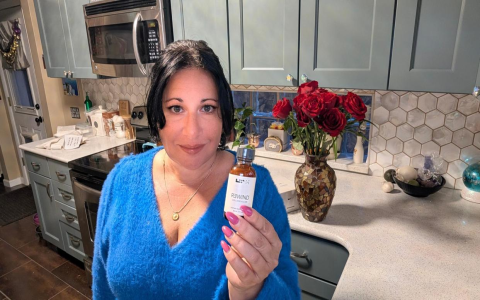The effectiveness of collagen gummies is a subject of ongoing research and debate. While they offer a convenient and palatable way to consume collagen, their efficacy depends on several factors, including the type and amount of collagen, bioavailability, and individual user characteristics.

Understanding Collagen and its Role
Collagen is the most abundant protein in the human body, serving as a primary structural component of skin, bones, tendons, ligaments, and cartilage. As we age, natural collagen production declines, which can contribute to signs of aging like wrinkles, sagging skin, and joint discomfort.
Collagen supplements, including gummies, typically contain hydrolyzed collagen peptides. This means the collagen has been broken down into smaller, more easily absorbable amino acid chains.
How Collagen Gummies Are Proposed to Work
The theory behind collagen supplementation is that ingesting these peptides can:
- Provide the body with the necessary amino acid building blocks (like glycine, proline, and hydroxyproline) to synthesize its own collagen.
- Stimulate fibroblasts (cells responsible for collagen production) to increase collagen output.
- Peptides may also exert antioxidant and anti-inflammatory effects.
Evidence on Effectiveness
Research on oral collagen supplementation, primarily using hydrolyzed collagen peptides (the form in most gummies), has shown some promising results:
- Skin Health: Several studies suggest that daily intake of hydrolyzed collagen (typically 2.5g to 10g) for 8-12 weeks can improve skin elasticity, hydration, and reduce wrinkle depth.
- Joint Health: Some evidence indicates collagen peptides may help reduce activity-related joint pain and improve joint function, particularly in athletes or individuals with osteoarthritis, often at doses around 10g daily.
- Nail and Hair Health: Anecdotal reports and some smaller studies suggest potential benefits for nail strength and hair growth, but more robust research is needed.
Important Considerations for Gummies:

- Dosage: A critical factor is the amount of collagen per gummy. Many gummies contain a relatively low dose (e.g., 100mg to 1g per serving) compared to the amounts used in clinical studies (often 2.5g to 15g daily). Achieving a clinically effective dose might require consuming many gummies, which could also mean a high intake of sugar or other additives.
- Bioavailability: While hydrolyzed collagen is generally considered bioavailable, the gummy matrix itself and other ingredients might influence absorption, though this is not well-studied specifically for gummies versus other forms.
- Supporting Ingredients: Some gummies include other ingredients like Vitamin C (essential for collagen synthesis) or biotin, which may offer synergistic benefits.
Factors Influencing Effectiveness
- Type of Collagen: Most supplements use Type I and III (for skin) or Type II (for cartilage). The source (bovine, marine, chicken) can also vary.
- Consistency of Use: Benefits, if any, are typically observed after consistent daily use for several weeks or months.
- Individual Lifestyle: Diet, sun exposure, smoking, and overall health status can impact collagen levels and the perceived effectiveness of supplements.
Potential Downsides
- Sugar Content: Many gummies contain added sugars, which can be a concern for overall health if consumed in large quantities.
- Cost-Effectiveness: Compared to collagen powders, gummies can be a more expensive way to achieve an effective dose.
- Digestive Issues: Some individuals may experience mild digestive upset.
Conclusion
Collagen gummies can be effective for some individuals in improving skin hydration and elasticity, and potentially reducing joint pain, provided they contain a sufficient dose of hydrolyzed collagen peptides and are taken consistently. However, the evidence is stronger for hydrolyzed collagen in general rather than gummies specifically. Users should check the collagen content per serving, be mindful of added sugars, and manage expectations, as results vary. They are often a more palatable option but may not always be the most potent or cost-effective form of collagen supplementation.







